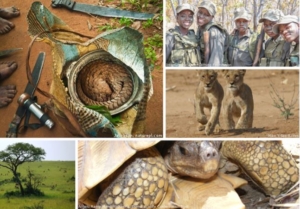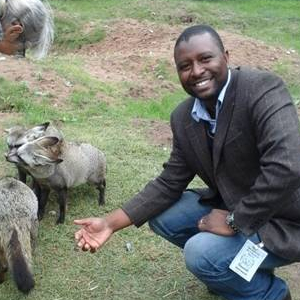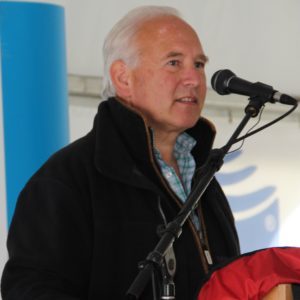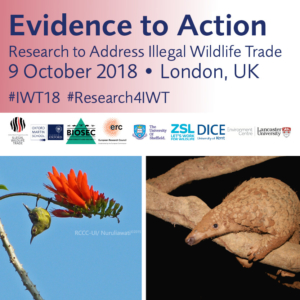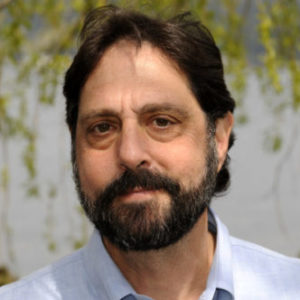Interdisciplinary Conservation Network Workshop 2020/2021
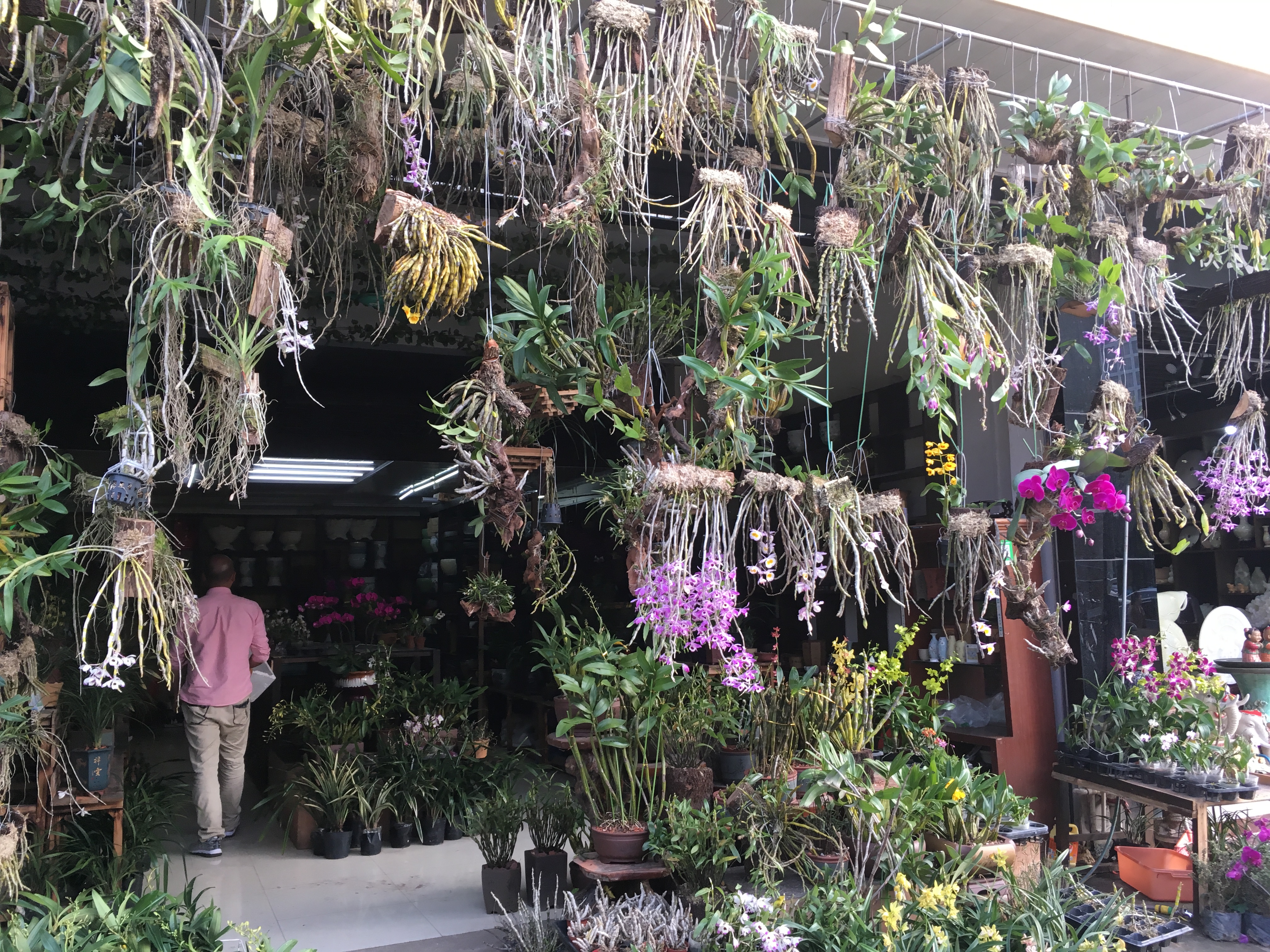
The Interdisciplinary Conservation Network (ICN) event format is one which has been successfully implemented over several years by the Interdisciplinary Centre for Conservation Science. The aim of an ICN is to provide Early Career Researchers (ERCs) with an opportunity to develop collaborative research, while learning key skills for the development of their careers. Through the design, planning and implementation of an ICN, ERCs can build new networks, skills and produce relevant outputs for their research. A few senior researchers will join the event to deliver key capacity-building and mentorship sessions at the workshop.
ICN 2020-21 aims to create a platform for early career researchers, primarily focusing on wildlife trade, to develop and lead their own collaborative research projects, gain useful skills, and build a stronger network. ICN 2020-21 has also served a unique and valuable function during the COVID-19 pandemic by providing a space for participants to meet and collaborate online with colleagues internationally despite travel restrictions – which helps maintain social connectivity between otherwise isolated participants and allows participants to continue their overall career development despite a general dearth in current opportunities.
ICN 2020-21 is organised by the Oxford Martin Programme on Wildlife Trade and the Interdisciplinary Centre for Conservation Science, in partnership with the Wildlife Conservation Research Unit and the Oxford Brookes University Wildlife Trade Research Group. This event showcases the strong and diverse range of research on the unsustainable and illegal wildlife trade being carried out within Oxford and brings the key research groups working on the topic together.

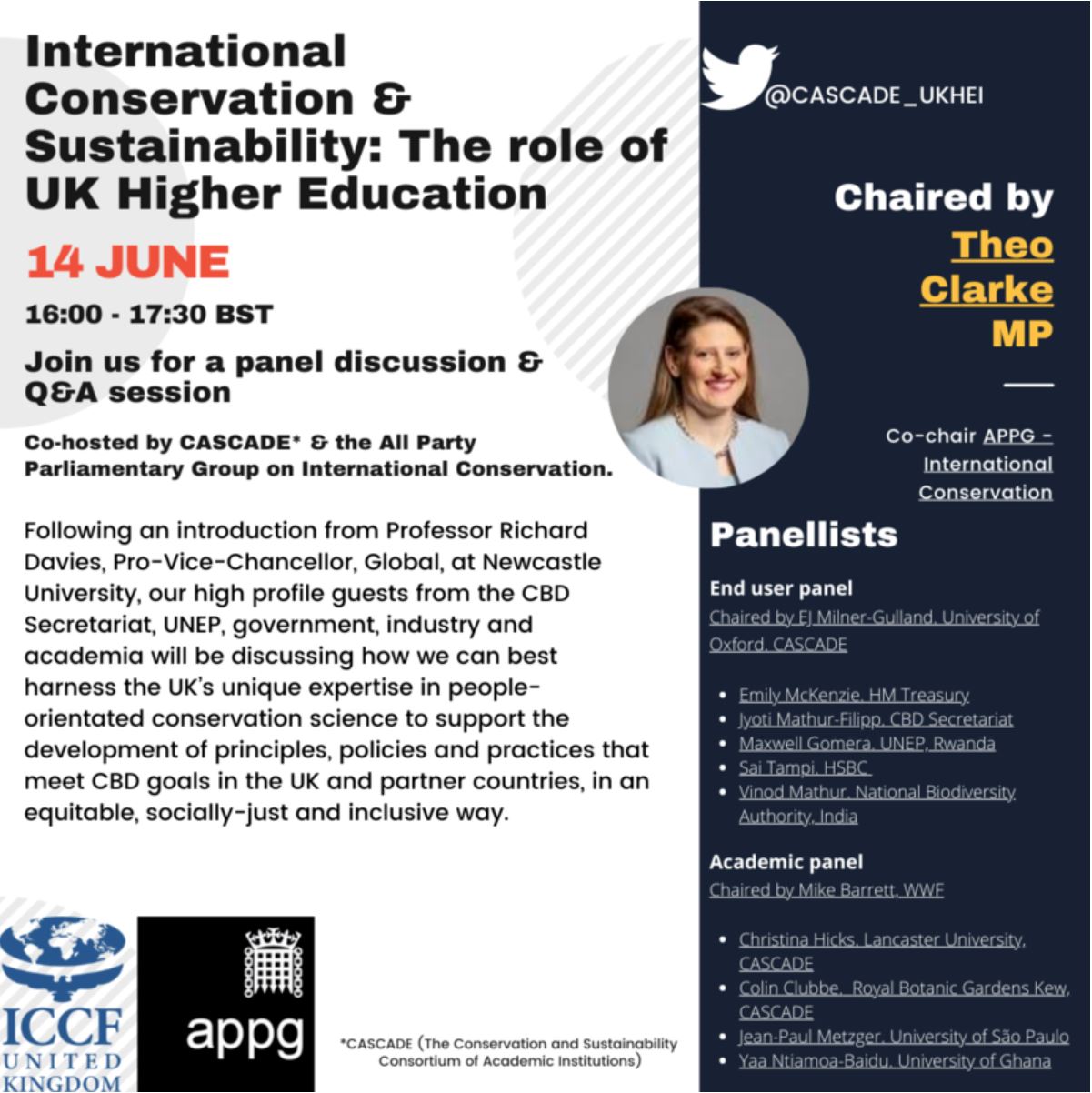
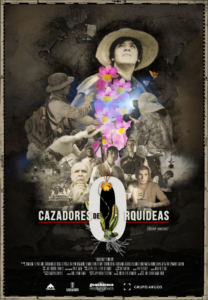
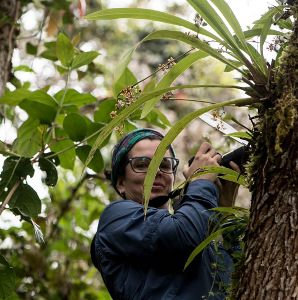
 The illegal wildlife trade undermines our global commitment to protect threatened biodiversity. Being a key destination in Asia, China needs to play a leading role in reducing demand for illegal wildlife products so as to reverse the unsustainable trend. During this talk Ming will discuss ongoing projects that his team are working on from Guangzhou, where they are based, which is widely considered as the epicenter of illegal wildlife trade in Mainland China. He will draw on the team’s interdisciplinary approaches to tackle these complex illegal wildlife trade challenges. Partnering with local and international groups (including Oxford Martin Programme on the Illegal Wildlife Trade and Wildlife Conservation Society), they hope to develop data-informed strategies by understanding the domestic trends and drivers of wildlife trade in China, the dynamics of local medicinal and wildlife markets, and the motivation and behaviour of local and overseas Chinese consumers of wildlife products.
The illegal wildlife trade undermines our global commitment to protect threatened biodiversity. Being a key destination in Asia, China needs to play a leading role in reducing demand for illegal wildlife products so as to reverse the unsustainable trend. During this talk Ming will discuss ongoing projects that his team are working on from Guangzhou, where they are based, which is widely considered as the epicenter of illegal wildlife trade in Mainland China. He will draw on the team’s interdisciplinary approaches to tackle these complex illegal wildlife trade challenges. Partnering with local and international groups (including Oxford Martin Programme on the Illegal Wildlife Trade and Wildlife Conservation Society), they hope to develop data-informed strategies by understanding the domestic trends and drivers of wildlife trade in China, the dynamics of local medicinal and wildlife markets, and the motivation and behaviour of local and overseas Chinese consumers of wildlife products.